10 Unique Marketing Strategies Applied to Build a Successful Whiskey Business
1. Craft a Captivating Brand Story A compelling brand story can evoke emotions and connect with consumers on a deeper level. Whiskey business should focus on s
- by B2B Desk 2023-06-26 14:14:16
In the ever-evolving whiskey industry, traditional marketing approaches may not suffice to attract and retain customers. By adopting unique strategies, whiskey business can differentiate themselves and establish a loyal customer base. Let's explore some of these innovative marketing techniques in detail.
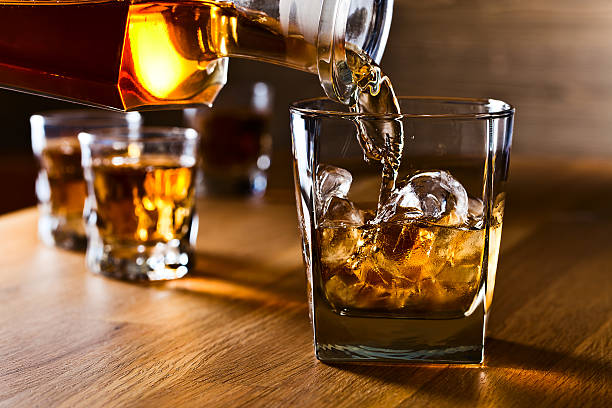
1. Craft a Captivating Brand Story
A compelling brand story can evoke emotions and connect with consumers on a deeper level. Whiskey business should focus on showcasing their heritage, craftsmanship, and the unique qualities that set their product apart. By sharing the journey behind the creation of their whiskey, businesses can engage customers and create a sense of authenticity.
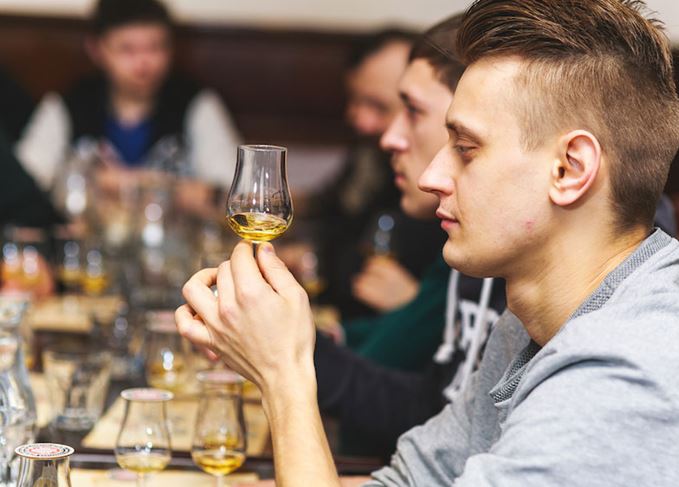
2. Host Tasting Events and Whiskey Pairings
Organizing tasting events and whiskey pairing sessions allows businesses to engage directly with their target audience. By providing a memorable and educational experience, customers can gain a deeper appreciation for the whiskey and forge a connection with the brand. Such events also offer an opportunity to receive valuable feedback and insights.

3. Collaborate with Local Businesses
Partnering with local businesses, such as restaurants, bars, and retailers, can amplify the reach of a whiskey brand. Joint events, co-branded products, and cross-promotions can expose the whiskey to a wider customer base and foster brand loyalty within the local community.

4. Implement Subscription Services
Subscription services have gained popularity across various industries. By offering a whiskey subscription box, businesses can provide customers with curated selections, tasting notes, and exclusive access to limited editions. This approach not only generates recurring revenue but also nurtures a sense of anticipation and excitement among subscribers.

5. Develop Limited Edition Releases
Limited edition releases create a sense of exclusivity and scarcity, driving demand for a brand's whiskey. By carefully crafting unique and limited offerings, businesses can appeal to collectors, enthusiasts, and connoisseurs. Limited editions also serve as opportunities to experiment with different flavors, cask finishes, and aging techniques.
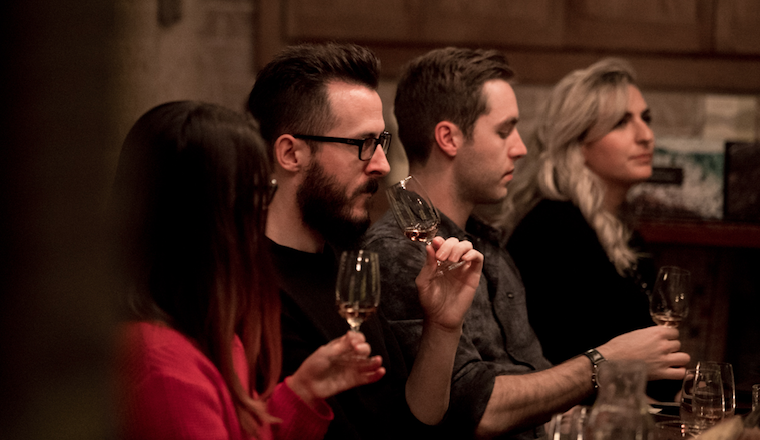
6. Establish Whiskey Appreciation Classes
Educational initiatives, such as whiskey appreciation classes, can attract both novices and seasoned whiskey drinkers. These classes can provide insights into the whiskey-making process, tasting techniques, and flavor profiles. By becoming a trusted source of knowledge, whiskey business can enhance their reputation and foster a community of enthusiasts.
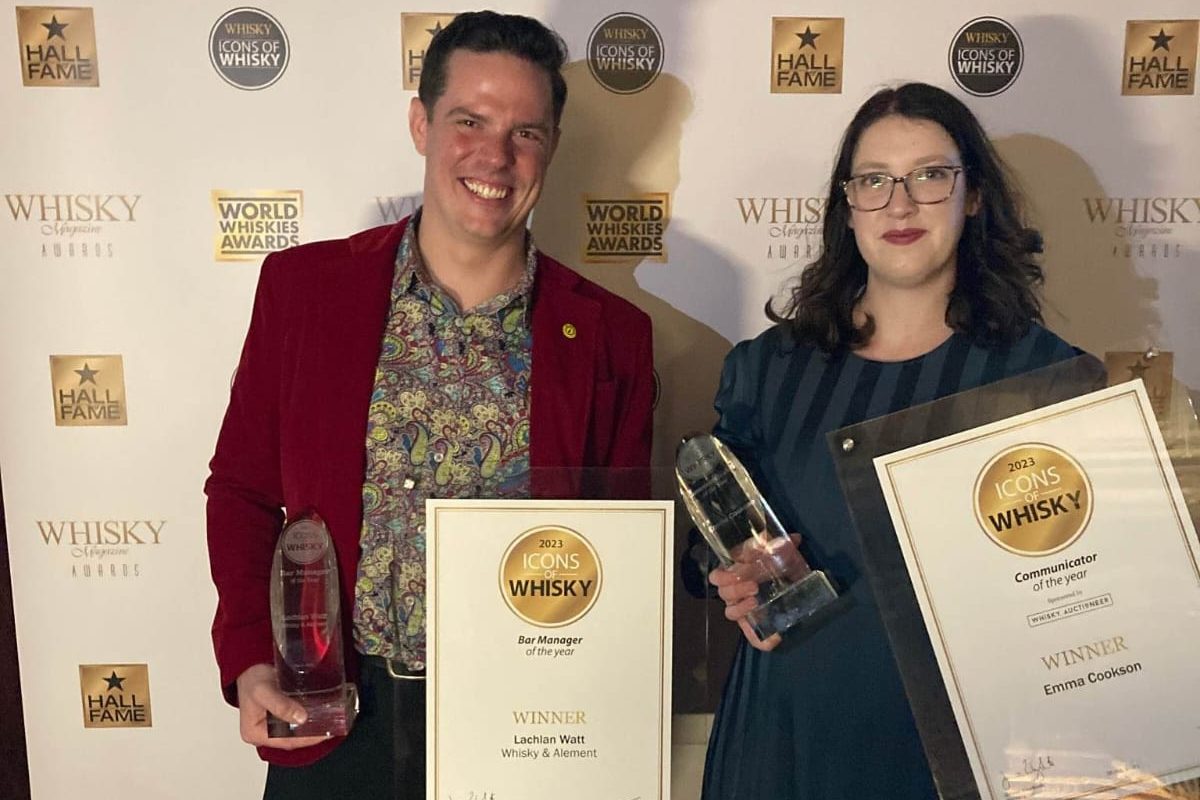
7. Sponsor or Host Whiskey Competitions
Sponsoring or hosting whiskey competitions allows businesses to showcase their products alongside other esteemed brands. Such events provide exposure, recognition, and the opportunity to receive accolades. Winning awards or being recognized by renowned experts can significantly boost a brand's credibility and visibility.

8. Create a Whiskey Loyalty Program
Loyalty programs incentivize customers to continue purchasing a brand's whiskey. By offering exclusive benefits, rewards, and personalized experiences, businesses can cultivate a dedicated customer base. Loyalty programs can also provide valuable data and insights for targeted marketing campaigns.
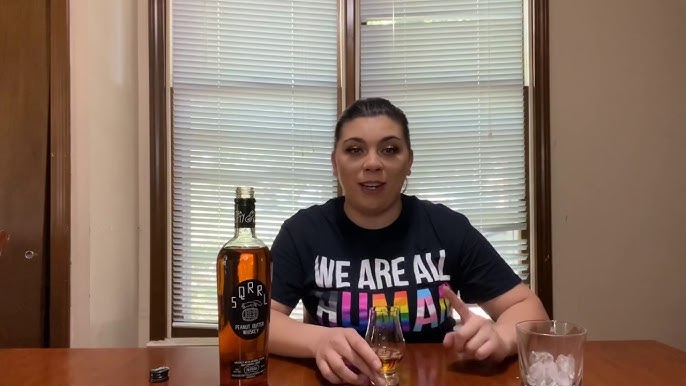
9. Engage with Whiskey Enthusiast Communities
Whiskey enthusiasts often gather in online forums, social media groups, and specialized communities. Actively participating in these communities allows businesses to connect with their target audience, share insights, and gather feedback. Building relationships with enthusiasts can lead to brand advocacy and word-of-mouth recommendations.

10. Utilize Augmented Reality Experiences
Augmented reality (AR) technology provides immersive and interactive experiences. Whiskey business can leverage AR to create virtual distillery tours, interactive labels, and engaging storytelling. These experiences not only captivate customers but also differentiate the brand in a technologically advanced market.
Building a successful whiskey business requires more than just producing a high-quality product. By implementing unique marketing strategies, such as crafting a captivating brand story, embracing influencer collaborations, hosting tasting events, leveraging social media, and engaging with communities, businesses can effectively connect with their target audience and establish a strong brand presence. It is through innovation and creativity that whiskey business can thrive in a competitive market.
Also Read: Chipotle's Brilliant Marketing Strategies that help it grow even after 27 years
POPULAR POSTS
Pine Labs IPO 2025: Listing Date, Grey Market Premium, and Expert Outlook
by Shan, 2025-11-05 09:57:07
India’s Largest Unicorn Startups in 2025: Rankings, Valuations, and Trends
by Shan, 2025-09-18 10:32:48
Swiggy Launches Toing App in Pune to Serve Affordable Food Delivery — What It Means for the Market
by Shan, 2025-09-16 12:29:08
Trending Startup Ideas for 2025: Where Innovation Meets Opportunity
by Shan, 2025-09-05 11:56:43
19 Best Business Ideas to Start in India 2025: From Low Investment to High Demand
by Shan, 2025-09-03 10:58:15
Razorpay Business Model Explained: How the Fintech Giant Makes Money in India
by Shan, 2025-08-05 12:10:28
How CRED Reimagined Credit Card Rewards into a Billion-Dollar Fintech Empire
by Shan, 2025-08-04 12:28:03
RECENTLY PUBLISHED

Loan EMIs to Drop as RBI Slashes Repo Rate - Full MPC December 2025 Highlights
- by Shan, 2025-12-05 11:49:44

The Agentic Revolution: Why Salesforce Is Betting Its Future on AI Agents
- by Shan, 2025-11-05 10:29:23

Top 10 Insurance Companies in India 2026: Life, Health, and General Insurance Leaders Explained
- by Shan, 2025-10-30 10:06:42

OpenAI Offers ChatGPT Go Free in India: What’s Behind This Big AI Giveaway?
- by Shan, 2025-10-28 12:19:11

Best Silver Investment Platforms for 2025: From CFDs to Digital Vaults Explained
- by Shan, 2025-10-23 12:22:46





 Subscribe now
Subscribe now 